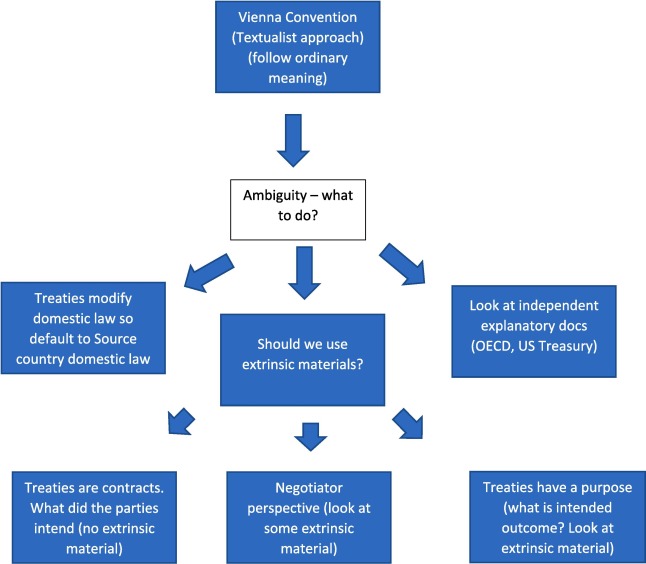The European Union (EU) is a bastion of educational and research excellence, with its member states often ranking among the top in global education and innovation indices. A less visible yet significant driver of this success is the network of tax treaties that facilitate cross-border collaborations. These treaties not only streamline financial transactions but also create an environment conducive to academic and research partnerships. This article explores how tax treaties serve as a catalyst for educational synergy and foster research collaborations within the EU.
Tax Treaties: A Catalyst for EU Education Synergy
Tax treaties play a crucial role in dismantling financial barriers that can impede educational collaborations across EU member states. By providing a framework for the avoidance of double taxation, these agreements ensure that educational institutions and their staff are not unfairly taxed by multiple jurisdictions. This financial clarity and predictability encourage universities and colleges to engage in cross-border partnerships, student exchanges, and joint degree programs. As a result, tax treaties contribute to a more integrated and dynamic educational landscape within the EU.
Moreover, tax treaties often include provisions that specifically benefit educational institutions. For instance, many treaties grant exemptions or reductions on withholding taxes for scholarships and grants, making it financially viable for students and researchers to pursue opportunities in other member states. This not only enhances the mobility of students and academics but also enriches the educational experience by promoting cultural exchange and diversity. The increased movement of people and ideas across borders fosters an environment of collaboration and mutual learning, which is essential for maintaining the EU’s educational excellence.
The impact of tax treaties extends beyond financial benefits; they also help harmonize educational standards and practices across the EU. By facilitating collaborations and exchanges, these treaties encourage the adoption of best practices and innovative teaching methods. Member states can learn from each other’s successes and challenges, leading to the continuous improvement of educational standards. In this way, tax treaties indirectly contribute to raising the quality of education across the EU, ensuring that it remains competitive on the global stage.
How Tax Agreements Foster Research Collaborations
In the realm of research, tax treaties play a pivotal role in enabling collaborations that are crucial for scientific advancement. By eliminating the financial disincentives associated with cross-border research funding and personnel exchanges, these agreements create a more favorable environment for joint research initiatives. Researchers and institutions can focus on their core activities without being hindered by complex tax obligations, thereby accelerating the pace of innovation and discovery within the EU.
Tax treaties also facilitate the sharing of resources and expertise among EU member states. By providing tax relief on research grants and funding, these agreements enable institutions to pool their resources and collaborate on large-scale projects that require significant investment. This collaborative approach not only enhances the quality and scope of research but also allows for the efficient allocation of resources, maximizing the impact of research funding. As a result, EU member states can tackle complex and pressing challenges collectively, from climate change to public health crises.
Furthermore, tax treaties contribute to the establishment of robust research networks across the EU. By simplifying the tax treatment of intellectual property and research outputs, these agreements encourage the commercialization of research findings and the transfer of technology across borders. This promotes innovation and entrepreneurship, as researchers and institutions are more likely to pursue projects with commercial potential. In turn, this stimulates economic growth and reinforces the EU’s position as a leader in global research and development.
As the EU continues to navigate the complexities of globalization and technological advancement, tax treaties remain a vital instrument for fostering educational and research collaborations. By eliminating financial barriers and promoting cross-border synergy, these agreements enhance the EU’s capacity for innovation and excellence. While often overlooked, tax treaties are an integral part of the EU’s strategy to maintain its leadership in education and research, ensuring that it remains at the forefront of global academic and scientific endeavors.
